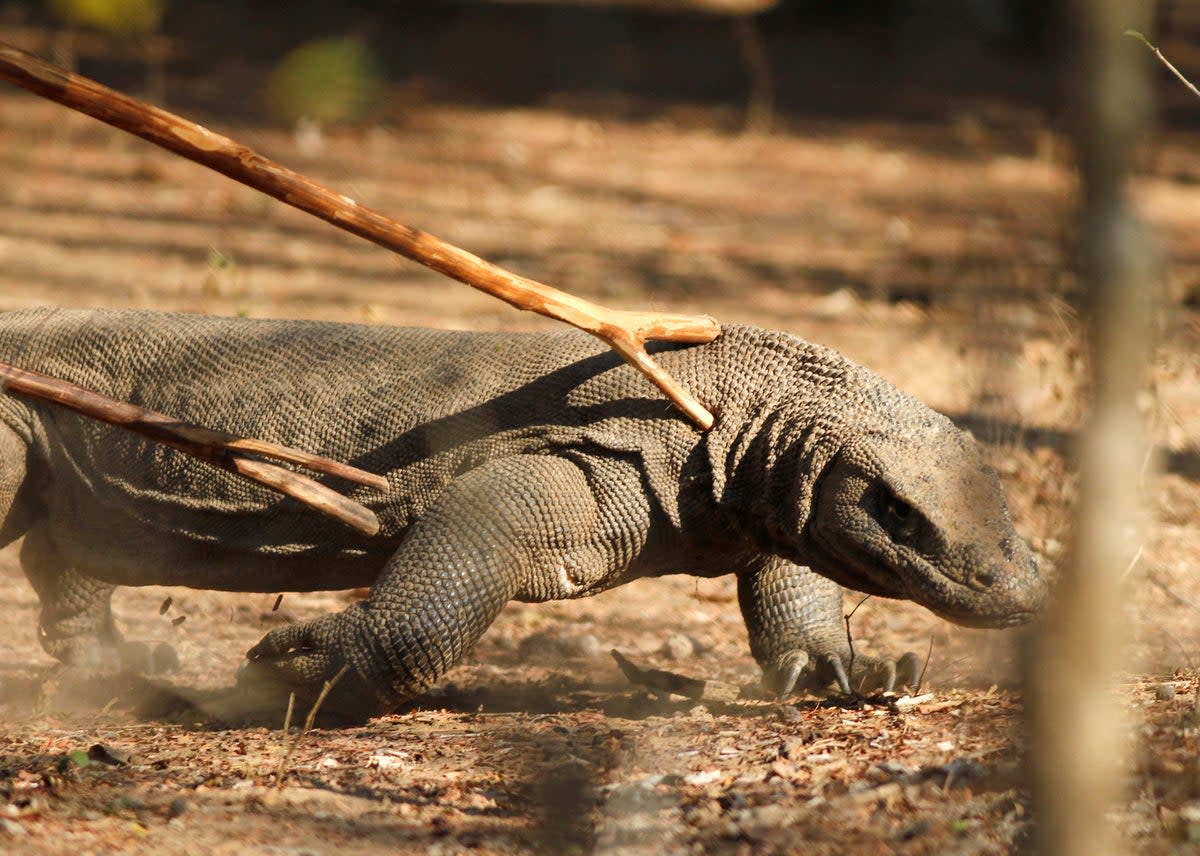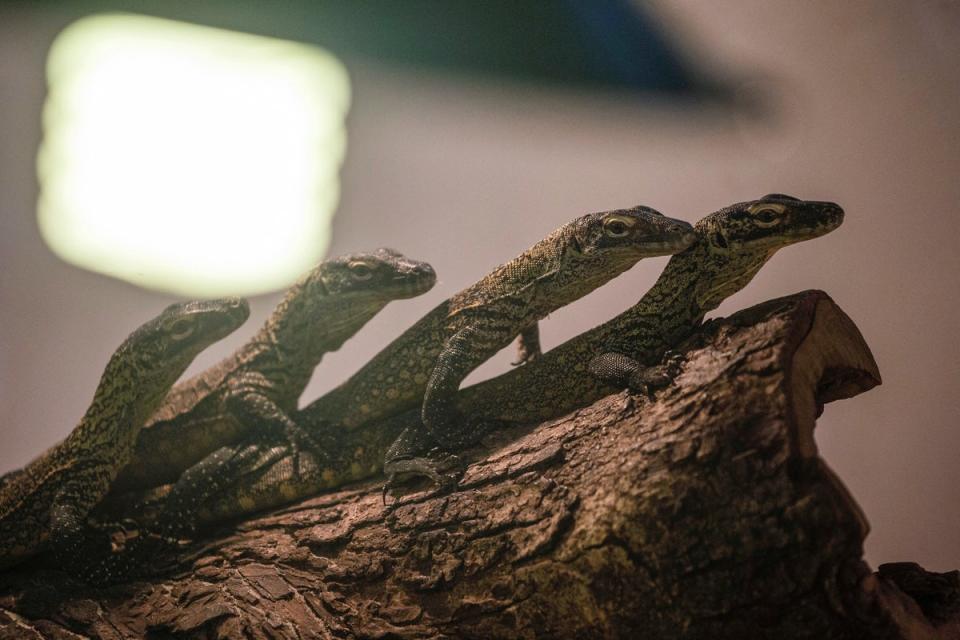Tourism companies go on strike after Indonesia hikes komodo dragons tax by 18 times overnight

Tourist company workers in Indonesia have gone on strike after authorities imposed a dramatic surge in ticket prices to view the country’s famous Komodo dragons.
Indonesia has around 3,300 rare Komodo dragons, one of the world’s largest lizards which can grow up to 3m (10ft) in length.
These lizards, which can kill large prey with a single venomous bite, attract millions of tourists all year round.
But government officials on Monday said the prices of tickets for the main islands that are a part of the Komodo national park would be increased by 18 times more to 3.75 million rupiahs (£206.6), a move local workers have said could backfire and discourage tourists.
The revised park fees became applicable on the same day.
The government explained that charging more could help them preserve the habitat of the endemic reptile. However, tourism stakeholders and activists have urged officials to abandon the move, fearing it could hurt local communities reliant on the sector.
Tour guide Leo Embo warned the direct hit to their income could impact them drastically.
“This has caused uncertainty among us. We decided to go on strike even when we’re suffering from a loss here ... this might as well be suicide,” said Mr Embo, one of the 24 local workers association demonstrating against the government’s move.
The move follows an earlier decision to restrict the number of visitors to the park to 200,000 annually.
On Tuesday, footage shown on local KompasTV showed an altercation between demonstrators and police. Dozens of protestors had been arrested, according to the local reports.

Indonesian tourism minister Sandiaga Uno said the administration is taking stock of the situation and urged protesting workers to engage with the government.
A Unesco world heritage site, the national park situated in Indonesia’s southernmost province of East Nusa Tenggara, spreads across three main islands called Komodo, Rinca and Padar along with 26 smaller islands.
The islands saw nearly 222,000 visitors in 2019 before the pandemic struck.
Since then, the islands have struggled to attract the same numbers of tourists they used to see.
The Komodo dragon, also known as the monitor lizard, has been moved from the International Union for Conservation of Nature (IUCN) vulnerable list to its list of endangered species.


